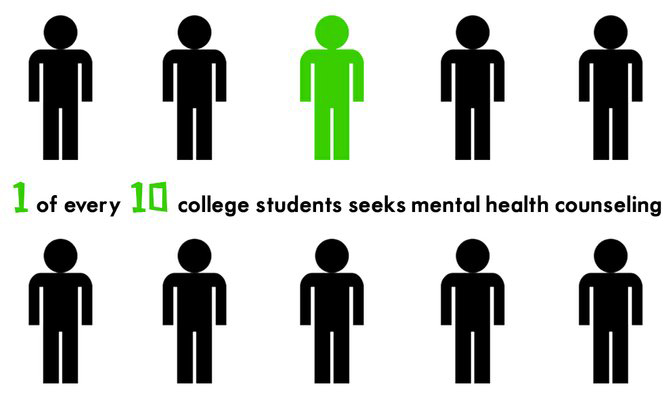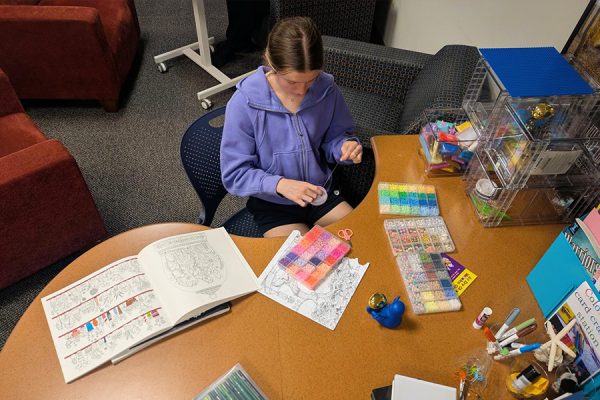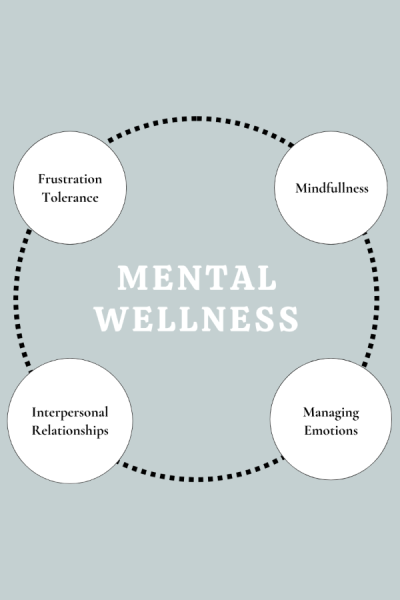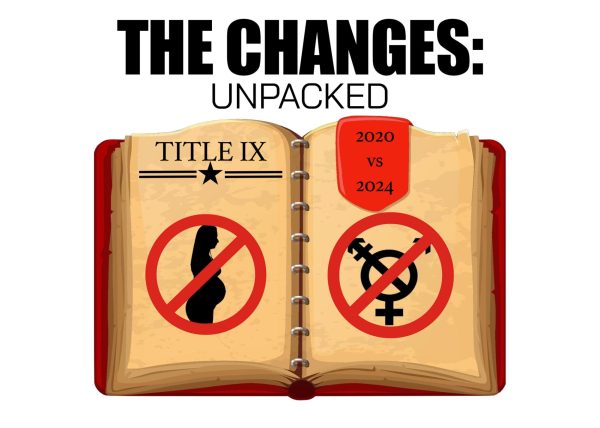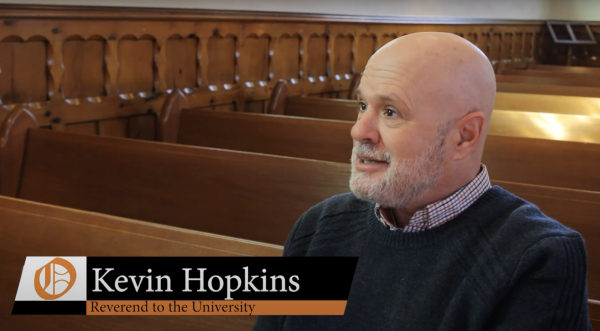Students increasingly seek therapy
The number of college students and young people seeking counseling is on the rise.
A recent article in the Cincinnati Enquirer noted that one in every 10 college students is seeking mental health counseling. With the economically challenging times putting pressure on students to succeed, more and more young adults are looking to find help.
Tim Hodges, director of the health and counseling center, has been counseling college students for 30 years. Each year, Hodges said he counsels around 100 Baker students.
“I primarily see students struggling with stress, anxiety, depression, relationship problems, inability to focus and procrastination,” Hodges said.
In the five years that Hodges has counseled BU students, he finds that the numbers of students coming into the counseling center have only slightly increased, though he agrees that as a whole, more people are seeking help through therapy.
“I think there’s less of a stigma associated with mental health,” Hodges said.
Kathryn Pieper, a clinical psychologist for young people struggling with eating disorders, anxiety, and depression from Kansas City, Mo., has seen an increase in her patient numbers as well.
“I’ve been doing this for about 22 years,” Pieper said. “I’m now seeing patients that are younger and the frequency of referrals is up.”
Pieper believes that more young people are seeking help due to the pressures today’s young people face.
“Children and teens have a lot of pressures on them right now,” Pieper said. “It’s a very competitive academic environment and it takes its toll in anxiety and depression.”
Both Hodges and Pieper believe that there are common misconceptions linked to therapy and counseling.
“I think that today’s youth worries that people will think they’re crazy,” Pieper said.
Hodges concurs with Pieper’s statement.
“A big misconception is that counseling is for crazy people instead of seeing that it’s all normal and can be useful,” Hodges said.
Freshman Logan Pope has been on the flip side as a counseled young person. Because of her past experience with counseling, she believes there’s good that can come from having someone to talk to.
“I know a lot of people that have been counseled, just as I have,” Pope said. “I think it’s really helpful. Getting things off of your chest can really help you through life.”
Pope understands why the number of counseled students has increased.
“It’s not uncommon anymore,” Pope said. “You get to know people and realize that nearly everyone has things that they need to talk about and need help getting through or over.”
Pope believes that although the number of students seeking counseling has increased, there are still many young people who do not get the help they need.
“Many people are afraid they’ll be judged or that the counselor would not understand, when in reality, counselors talk to people with similar problems every day. It’s what they do,” Pope said.
Hodges, Pieper and Pope all believe that therapy has great benefits and encourage students to be open minded and consider counseling.
“Whether you’re looking for advice or just need someone to talk to, counseling is a good way to get the help you need to make it through the school year,” Pope said.


